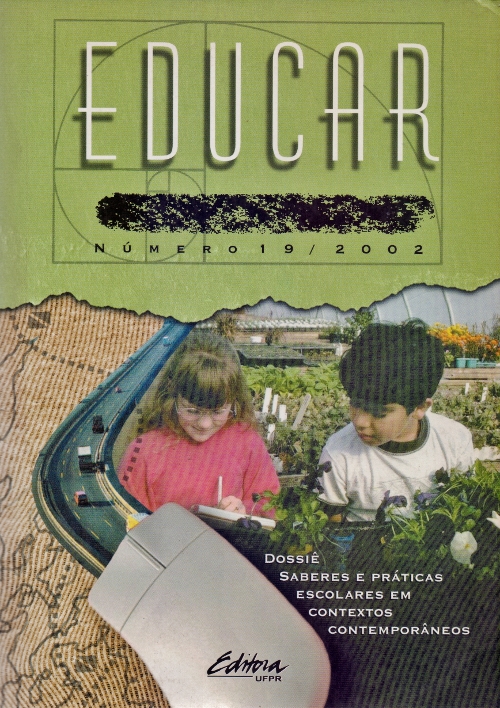Estado e educação: implicações do liberalismo sobre a constituição da educação especial e inclusiva
Palavras-chave:
educação inclusiva, necessidades especiais, estado neoliberal, inclusive education, special needs, liberal state.Resumo
Este artigo busca compreender as relações entre Estado, educação e as pessoas com necessidades educacionais especiais, bem como as perspectivas das políticas educacionais a partir dos anos 90 e a construção da qualidade em educação. Do ponto de vista teórico-metodológico, as pessoas com necessidades especiais são tomadas como sujeitos da história, tendo em conta suas possibilidades e seus limites para intervenção nas políticas públicas para a educação no Brasil e na América Latina. A análise das novas formas de exclusão resultantes do neo-economicismo liberal é considerada condição fundamental para a compreensão do lugar, posição, valor, direitos das pessoas com história de deficiência e, ao mesmo tempo, os princípios, finalidades e ideologias implícitas e explícitas nas políticas educacionais e sociais. A qualidade da educação e as novas funções a serem exigidas da educação especial necessitam ser pensadas à luz desse contexto de reformulação do papel do Estado, reestruturação dos processos produtivos, globalização econômica, financeira e cultural. Enfim, este trabalho situa a Educação Especial e os sujeitos com necessidades especiais social, econômica e politicamente, considerando os papéis que vêm sendo chamados a desempenhar nesse contexto de reestruturação produtiva, de flexibilização e fragilização das instituições e dos serviços públicos.
State and education: liberalism implications over the building of special and inclusive education
Abstract
This artiicle persues to understand the relationbship between State, education and people with special needs, as well as proposes of educational politics since the nineties and quality in education. Here, these people are been taking as historical subjects, considering their possibilities and their limits to intervene in public politics in Brazil and Latin America. Analysis of new exclusions ways produced by neoliberal economicism is considered essencial condition to understand the place, position, value, rights of people with history of disability and, at the same time, the principies and implicit and explicit finalities in educational and social politics. The quality of education and new functions to be required to Special Education must be thought into this context of reformulation of State role, productive restruturation, economical, financial and cultural globalization. In short, this work situates the Special Education and the people with special needs socially, economically and politically, considering the new roles that they are being required to execute in the present context of productive reformulation of flexibilization and weakening institutions and cutting of public benefits.
Como Citar
Edição
Seção
Licença
Todo o conteúdo do periódico está licenciado sob uma Licença Creative Commons do tipo atribuição BY.
Os Direitos Autorais para artigos publicados na Educar em Revista são do autor, com direitos de primeira publicação para a revista. A revista é de acesso público (Open Access), sendo seus artigos de uso gratuito, com atribuições próprias, em aplicações educacionais e não-comerciais.



